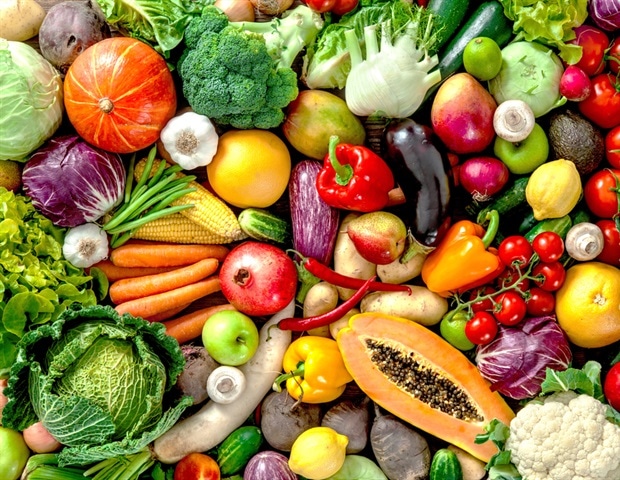Astronauts might be given an enhanced weight loss program throughout spaceflights that features a higher selection and amount of fruits, greens, and fish to enhance their well being and efficiency in comparison with commonplace spaceflight meals, experiences a research revealed in Scientific Studies. Though carried out in a spaceflight simulation chamber on Earth with 16 people, these findings might have implications for astronaut well being and selections about meals useful resource priorities on spaceflights.
Lengthy-duration spaceflight is understood to impression human well being, and spacecraft dimension and energy constraints restrict what may be taken into area. The meals astronauts eat might have the potential to mitigate some detrimental well being modifications throughout spaceflight, however in flip the meals may be restricted by mass, quantity, shelf-life, and storage necessities.
Grace Douglas and colleagues investigated the distinction in impression of two diets on 16 people (10 males and 6 females). 4 people participated in every of the 4 45-day missions in an Earth-based, closed chamber designed to simulate the confined spaceflight setting, alongside the practicality of storing completely different foodstuffs in these circumstances. People ate both an enhanced weight loss program or a normal weight loss program. The improved weight loss program included an elevated variety of servings and number of vegatables and fruits, together with extra fish and sources of omega-3 fatty acids. The usual spaceflight weight loss program is presently used on the Worldwide Area Station, and whereas it meets most necessities, the authors suggest that it might use extra sources of vegatables and fruits, and extra sources of omega-3 fatty acids.
The improved weight loss program offered greater than six servings of vegatables and fruits per day and between two to 3 servings of fish per week, amongst different wholesome meals. All meals had been shelf-stable, which is a requirement to assist the room temperature, prolonged storage circumstances on present area missions. To simulate actual spaceflight circumstances, the meals was saved within the chamber earlier than the beginning of every mission. People offered samples of saliva, urine, blood, and stool and accomplished cognitive evaluation duties all through the missions.
The authors discovered that people who consumed the improved spaceflight weight loss program had decrease levels of cholesterol, decrease cortisol ranges (suggesting decrease stress), higher cognitive velocity, accuracy and a focus, and a extra secure microbiome than people consuming the usual weight loss program.
The authors conclude that an enhanced spaceflight weight loss program has vital well being and efficiency advantages for people and could also be helpful for astronauts, even on brief area missions. Though additional investigation is required to evaluate more healthy diets in area, these findings might assist to information meals useful resource priorities on area exploration missions in future.
sources:
Journal reference:
Douglas, GL, et al. (2022) Affect of weight loss program on human vitamin, immune response, intestine microbiome, and cognition in an remoted and confined mission setting. Scientific Studies. doi.org/10.1038/s41598-022-21927-5.

